
International Maritime Organization secretary-general Kitack Lim says the maritime industry is "all set to go" to meet the IMO's January 2020 deadline to switch to marine fuel with a sulphur content capped at 0.5 per cent.
From the beginning of next year, ships will have to use cleaner fuels that are still under development and may cost up to 50 per cent more than traditional bunker fuel, or they will have to be fitted with sulphur-trapping exhaust systems called scrubbers that cost as much as US$10 million per ship.
"The impact on shipping in terms of cost to protect the environment will be the biggest in history," Mr Lim said in an interview with The Wall Street Journal on the sidelines of the International Shipping Week conference in London. "It's a huge change."
Come January 1, some 60,000 ocean-going vessels will have to cut their sulphur emissions by more than 80 per cent. That will be the first in a string of measures that the global maritime industry will take in the coming years that will drive carriers into uncharted waters in terms of operating costs and fundamental questions such as what will power the vessels of the future.
To comply with the 2016 Paris climate accord, IMO members have also agreed to cut greenhouse-gas emissions by half by 2050, compared with 2008 levels. Ships now contribute up to three per cent of the world's global pollution.
Shipping executives say the IMO's new low sulphur regulation will add $50 billion in new fuel costs over the next three to four years.
Vessel operators have warned cargo owners to expect substantially higher freight rates, and that part of the cost will likely be passed on to consumers that buy products from retail giants like Walmart Inc, Amazon.com Inc and Target Corp.
With just months to go before IMO 2020 takes effect, big owners from some of the world's top shipping countries such as Greece have been pushing for extensions, arguing that low sulphur fuels developed by refiners like Exxon Mobil Corp and Royal Dutch Shell PLC, won't be available in many ports and haven't been tested enough to demonstrate that they will work with contemporary ship engines.
Mr Lim said new fuels may not be available from day one in some ports in Africa, the South Pacific and the Caribbean. However, he expects no shortage of low sulphur fuel on major trade routes between Asia and Europe and Asia to the US.
Some owners that charter their ships say privately that they expect to use an exemption allowing vessels to use the cheaper, high sulphur bunker oil if the new fuel blends are not available. That may lead to attempts to abuse the exemption, Mr Lim said, but he insists enforcement around the world will be strict.
"If an operator can't prove beyond doubt that it can't get cleaner fuel, ports are mandated to impose severe penalties. There will be high fines and the non-compliant fuel will be unloaded. You can't get away by breaking the law," said Mr Lim.
He said he also expects the use of scrubbers will likely run out over time. Ships have a 20- to 25-year lifespan so any new orders over the next decade will have to be for vessels with new designs that will almost certainly have to rely on alternative fuels or other means of propulsion.
"The International Energy Agency estimates that by 2025 there will be some 5,000 ships using scrubbers - around 30 per cent of total tonnage - but it will stop there," he said.
Fuel represents up to a quarter of a ship's operating expenses, and Mr Lim said the cost of turning to new fuels will have to be absorbed throughout supply chains.
"If shipping companies take on all the cost, they will collapse," Mr Lim said. "But compared to the value of the cargo, price increases to consumers will be very small."
Source:sxcoal
The opinions expressed herein are the author's and not necessarily those of The Xinde Marine News.
Please Contact Us at:
admin@xindemarine.com


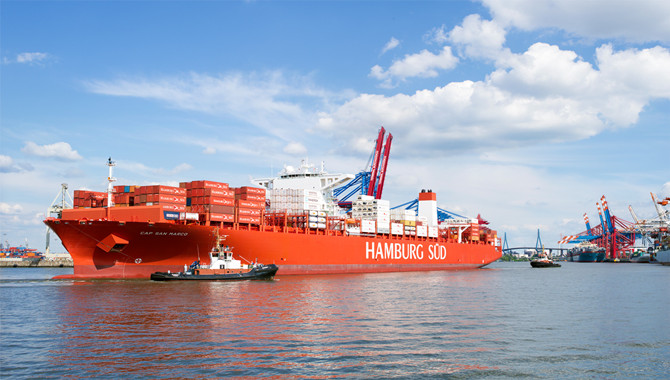 Maersk to integrate Hamburg Süd and Sealand
Maersk to integrate Hamburg Süd and Sealand 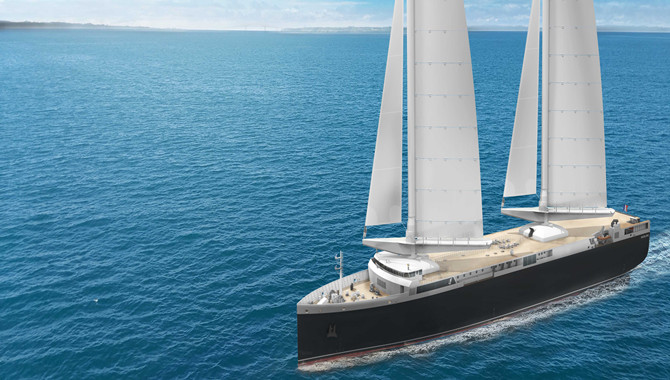 Launch of the construction of the first Ro-Ro saili
Launch of the construction of the first Ro-Ro saili 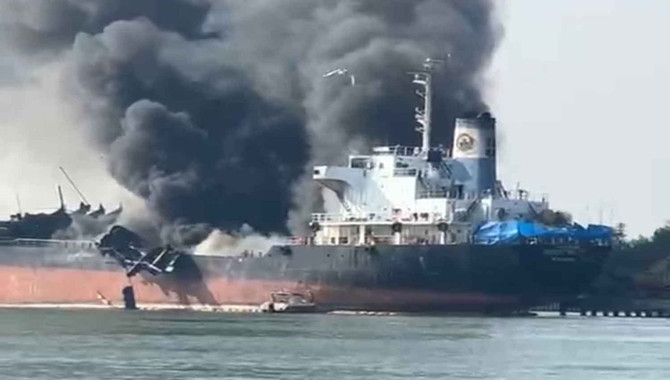 Oil tanker explosion kills at least 3 in central Th
Oil tanker explosion kills at least 3 in central Th 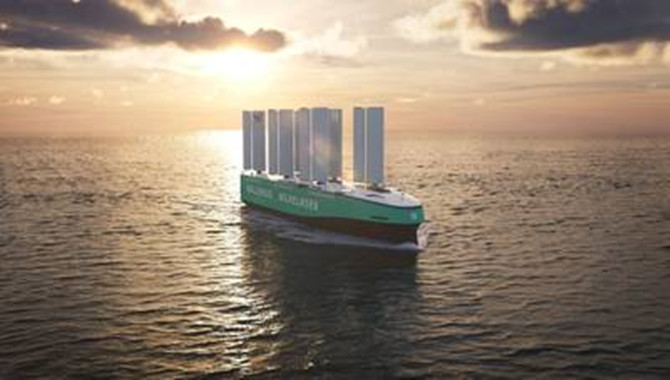 Wind-powered RoRo Vessel Secures €9 Million in EU
Wind-powered RoRo Vessel Secures €9 Million in EU 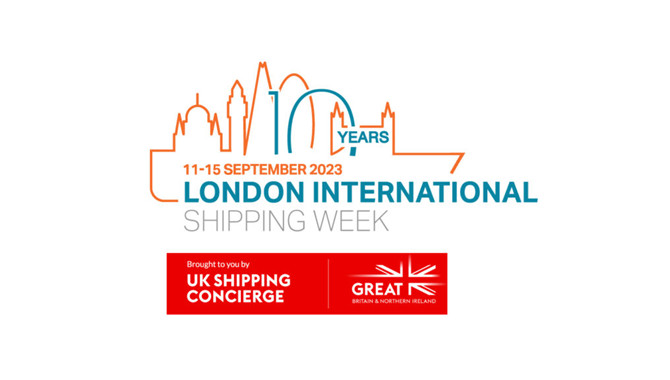 London plays a pivotal role as shipping seeks to re
London plays a pivotal role as shipping seeks to re 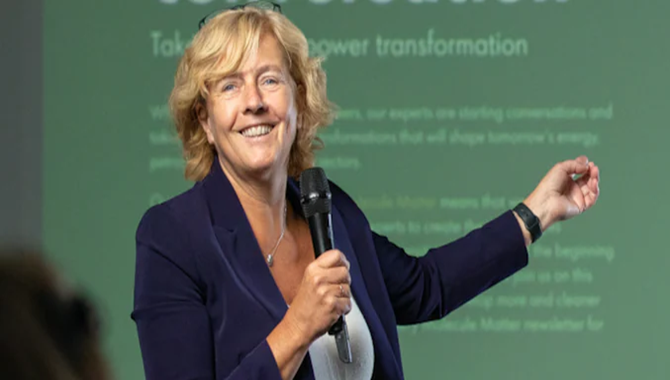 Shell unveils five energy sector trends to watch in
Shell unveils five energy sector trends to watch in